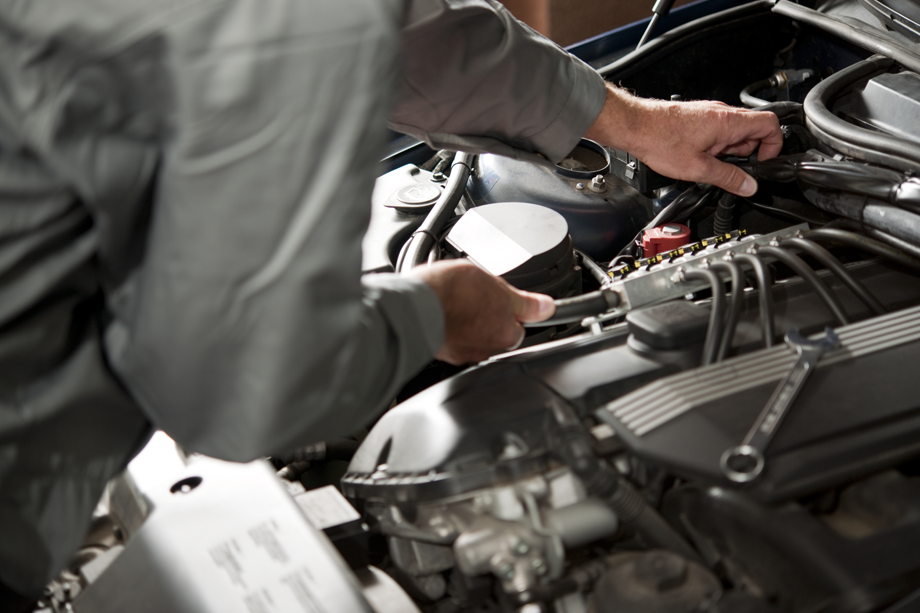Featured

Recognizing the variables that influence the price of these fixings is vital for lorry proprietors who desire to be prepared for the unexpected. From the kind of repair service required to the make of your auto, several crucial components can establish just how much you'll pay for fixings.
- Sort of Repair. The nature of the repair work plays a pivotal function in the expense. Additionally, if the repair work includes dismantling multiple components, the labor prices can rise dramatically.
- Make and Version of Your Automobile. Deluxe and foreign lorries, such as BMWs, Audis, and Mercedes-Benz, commonly come with higher repair work prices due to their specialized components and the proficiency needed to work on them. In comparison, more usual lorries like Ford or Toyota generally have much less pricey parts and are less complicated for technicians to function on, which reduces fixing costs.
- Parts Schedule and Quality. The price of the components needed for the fixing is one more significant element. If you call for original tools maker (OEM) parts, you can expect to pay even more, as these are made especially for your vehicle. While OEM components provide a higher degree of high quality and reliability, they feature a costs cost tag. Alternatively, aftermarket components-- those made by third-party producers-- are frequently less costly, however may not constantly match the high quality or toughness of OEM parts. The rarity of components, especially for older or specialty lorries, can additionally drive up the price, as discovering suitable substitutes can take some time and effort.
- Labor Prices. Labor prices are among the largest contributors to the overall cost of auto repair work. These costs vary by region and service center, with city areas typically charging higher rates because of overhanging prices. Mechanic knowledge also affects labor costs-- extra experienced or specific service technicians have a tendency to charge more for their solutions. The complexity of the repair work likewise plays a function; repairs that call for even more time or specialized understanding, such as working with an engine or electrical system, will cause higher labor charges. Labor is generally billed on a per hour basis, and some fixings can take numerous hours to finish.
- Degree of the Damage. If the damage is considerable and requires several parts to be changed or fixed, the cost will certainly rise. When major systems like the transmission or engine are impacted, the repair work price can escalate promptly due to the number of components and the labor involved.
- Lorry Age and Problem. Older cars tend to call for even more frequent repair services, and as components wear out over time, the expense of those repair services can raise. In enhancement, components for older designs might be more difficult to find, which can increase both the rate and time needed for fixings.
- Place of the Repair Work Shop. The place of the repair shop can additionally influence the cost of vehicle repairs. Additionally, car dealerships often bill extra for fixings contrasted to independent repair stores, although car dealerships may utilize OEM components and supply specific service for your make and design.
- Insurance and Guarantee Insurance Coverage. In some instances, extended guarantees or solution strategies can help cover repair services for certain parts of the automobile. Additionally, if the repair service is a result of a crash, your vehicle insurance plan may cover the expense.

Final thought. A number of variables influence the expense of major automobile repairs, including the kind of repair, the make and model of your automobile, the quality of the components used, and labor costs. Understanding these elements can aid you much better prepare for repair work prices and make more enlightened decisions when it's time for a major solution.
Latest Posts
A Historical Shoreline Location with Modern Delights
Published Apr 20, 25
1 min read
An Extravagant Retreat: The Claridge Indoor Pool
Published Feb 10, 25
1 min read
Experience the Boogaloo: Dining, Drinks, & Sports at FunCity Hotel
Published Jan 28, 25
2 min read